20+ Years Experience
Specialist Addiction Rehab

Alcohol addiction withdrawal, also known as alcohol withdrawal syndrome, refers to the physical and psychological symptoms that occur when a person abruptly stops or significantly reduces their alcohol intake.
It is a potentially dangerous condition that can range from mild to severe, depending on the individual’s level of dependence on alcohol.
Understanding the symptoms and stages of alcohol withdrawal is crucial in recognising and addressing this condition effectively. The symptoms can vary from mild anxiety and tremors to more severe manifestations such as seizures and hallucinations.
The stages of alcohol withdrawal typically progress from an initial period of tremors and insomnia to more intense symptoms like delirium tremens (DTs).
Alcohol withdrawal occurs due to the neuroadaptations that the brain undergoes as a result of chronic alcohol consumption. When alcohol is suddenly removed, these adaptations cause an imbalance in the brain, leading to the onset of withdrawal symptoms.
The severity of withdrawal can be influenced by factors such as the duration and amount of alcohol consumed, individual biology, and overall health.
There are various risks and complications associated with alcohol withdrawal. Potential health risks include dehydration, electrolyte imbalances, seizures, cardiovascular issues, and a condition called Wernicke-Korsakoff syndrome. Psychologically, individuals may experience anxiety, depression, sleep disturbances, and even suicidal thoughts.
The timeline of alcohol withdrawal symptoms can vary for each individual. Early symptoms often manifest within hours to a few days after the last drink and include sweating, nausea, tremors, and anxiety.
Acute symptoms are more pronounced, with hallucinations and seizures occurring around 24-48 hours after the last drink. Protracted symptoms, such as mood swings and sleep disturbances, can persist for weeks or even months.
Diagnosing alcohol withdrawal involves a comprehensive evaluation of the individual’s medical history, physical examination, and sometimes specialised tests to assess organ function and alcohol levels in the body. Seeking medical assistance is crucial to ensure accurate diagnosis and appropriate treatment.
Treatment options for alcohol withdrawal include medications and therapies. Medications such as benzodiazepines are commonly used to manage withdrawal symptoms and prevent potentially life-threatening complications.
Therapies, including counselling and support groups, play a vital role in addressing the underlying issues related to alcohol addiction and promoting long-term recovery.
While alcohol withdrawal can be challenging, there are strategies for managing symptoms at home. These include staying hydrated, eating nutritious meals, getting enough rest, practising stress-reducing techniques, and seeking support from loved ones or professional services. However, it is important to note that severe withdrawal symptoms require medical intervention and supervision.
Understanding alcohol addiction withdrawal and seeking appropriate treatment can help individuals navigate this challenging phase and take steps towards a healthier, alcohol-free life.
Alcohol addiction withdrawal is the term used to describe the physical and psychological symptoms that occur when someone abruptly stops drinking after prolonged and heavy alcohol use.
These symptoms can range from mild to severe and can be life-threatening in some cases.
It is crucial for individuals experiencing alcohol addiction withdrawal to seek medical help to ensure their safety and receive appropriate treatment. Professional intervention is necessary to manage the symptoms and prevent any potential complications.
Common symptoms of alcohol withdrawal include restlessness, anxiety, nausea, vomiting, insomnia, sweating, and tremors.
These symptoms can escalate to more severe conditions such as hallucinations, seizures, and delirium tremens, which may be life-threatening. The severity and duration of symptoms vary depending on the individual and the level of alcohol dependence.
It is important to seek medical attention if experiencing withdrawal symptoms to ensure a safe and supervised detox process. Some suggestions for managing alcohol withdrawal symptoms at home include staying hydrated, getting plenty of rest, practising relaxation techniques, and seeking support from friends, family, or support groups.
During alcohol withdrawal, individuals may go through three stages. These stages are as follows:
It’s important to note that the duration and severity of these stages can vary for each individual. Therefore, it is crucial to have medical supervision during alcohol withdrawal to effectively manage and treat these symptoms.
Alcohol withdrawal occurs when individuals who have been consuming alcohol heavily for a prolonged period suddenly stop or reduce their alcohol intake. The body becomes dependent on alcohol to function properly, and when it is abruptly taken away, it struggles to adjust.
Withdrawal symptoms can range from mild to severe and may include anxiety, tremors, nausea, sweating, and even seizures. This occurs due to the changes in brain chemistry caused by alcohol, specifically the increased production of neurotransmitters like gamma-aminobutyric acid (GABA) and the inhibition of glutamate.
These changes create an imbalance when alcohol is no longer present, leading to withdrawal symptoms.
Alcohol withdrawal can have serious risks and complications, particularly for individuals with severe addiction.
Some common risks include delirium tremens, which is a severe form of withdrawal characterised by hallucinations and seizures, as well as cardiovascular problems and malnutrition.
People experiencing withdrawal may also face psychological symptoms like anxiety, depression, and insomnia. It is important for individuals to seek medical assistance during this process to reduce the risks and ensure a safe recovery.
Medical professionals can offer the necessary treatment and interventions to minimise complications and support the person through the withdrawal.
Potential health risks of alcohol withdrawal include seizures, delirium tremens (DTs), cardiovascular issues, and nutritional deficiencies.
Seizures may occur within the first 48 hours and are more likely in individuals with a history of alcohol withdrawal.
Delirium tremens is a severe form of withdrawal that can cause confusion, hallucinations, and dangerously high blood pressure. Cardiovascular complications such as rapid heart rate and high blood pressure can also arise.
Alcohol withdrawal can lead to malnutrition due to poor dietary habits during addiction. Seeking medical help is crucial for managing these health risks safely.
Potential psychological complications are common during alcohol withdrawal. These may include anxiety, depression, mood swings, irritability, and difficulty concentrating. Insomnia and nightmares are also frequently experienced.
In severe cases, individuals may develop hallucinations, delirium tremens, and even psychosis. These complications arise due to the disruption alcohol withdrawal causes in the brain’s neurotransmitter system.
Seeking medical attention during alcohol withdrawal is crucial to manage these psychological symptoms and prevent any further complications. Psychological support, therapy, and medications can effectively alleviate and manage these complications.
Timeline of Alcohol Withdrawal Symptoms
It is important to seek medical assistance during alcohol withdrawal to manage symptoms and prevent any complications. Consider reaching out to support groups or counselling services to aid in your recovery journey.
Early symptoms of alcohol withdrawal can begin within a few hours after the last drink. They may include anxiety, insomnia, nausea, vomiting, and tremors. Some individuals may also experience headaches, sweating, irritability, and an increased heart rate.
These symptoms can range from mild to severe and vary from person to person. It is important to seek medical attention if you or someone you know is experiencing these early symptoms of alcohol withdrawal, as more severe symptoms may develop later on.
Treatment options, including medications and therapies, are available to help manage the withdrawal process.
Afterwards, the sharp dramatise or alcohol revoking, persons may undergo diverse signs because their body adapts according to the absence of alcohol. These signs can differ within injury yet might also hold:
It is important in imitation of notice that the sharp signs of alcohol revoking may stay life-threatening and then require sanative intervention. Seeking expert help or care is important in imitation of make sure a protected or successful redemption process.
Protracted symptoms of alcohol withdrawal are symptoms that can persist for an extended period of time after the acute phase.
These symptoms may include insomnia, anxiety, irritability, fatigue, and difficulty concentrating. They can last for weeks or even months, depending on the individual and the severity of their alcohol addiction.
Protracted symptoms can be challenging to manage and may require ongoing support and therapy. It is important for individuals experiencing protracted symptoms to seek professional help and develop a comprehensive treatment plan to effectively address their withdrawal symptoms.
Support groups, counselling, and medication can also be beneficial in managing these symptoms.
When it comes to treating alcohol withdrawal, there are several therapy options available:
Therapies for alcohol withdrawal aim to address both the physical and psychological aspects of addiction recovery, promoting long-term sobriety and overall well-being.
Managing alcohol withdrawal symptoms at home can be challenging but it is possible with the right approach. Here are some tips to effectively deal with alcohol withdrawal symptoms:
Alcohol withdrawal syndrome can cause both physical and psychological symptoms.
Mild symptoms, such as shakiness and anxiety, typically start within 8-24 hours after the last drink.
Severe symptoms may include hallucinations, seizures, and delirium tremens (DTs), which is a life-threatening condition.
Regularly experiencing withdrawal symptoms, such as shaking and vomiting, after cutting back on or stopping alcohol intake can be a warning sign of alcohol dependence.
If these symptoms occur several days a week and are affecting your mental and physical health, it is important to seek immediate medical attention.
Local support groups, such as Alcoholics Anonymous (AA), can provide a supportive environment where individuals can share their experiences, learn from others, and receive ongoing support.
These groups can be beneficial in the journey toward becoming drug-free and staying that way.
Talking therapies, such as cognitive-behavioural therapy (CBT), can help individuals understand the relationship between their thoughts, feelings, and behaviours related to alcohol use.
This type of therapy can be effective in addressing underlying issues and developing healthier coping mechanisms.
If you experience repeated vomiting, severe shaking, or hallucinations during alcohol withdrawal, it is crucial to seek immediate medical attention.
These symptoms can be signs of a medical emergency and should not be ignored.
If you’re concerned about alcohol dependence and want to seek help, you can start by contacting your local drug treatment service or contacting the NHS.
They can guide you through the process and discuss treatment options tailored to your personal circumstances.
Additionally, the Frank drugs helpline and the Drinkaware website offer information and support for those seeking guidance on alcohol addiction.
There are a range of other services that we can provide. Have a look at the list below for more information:
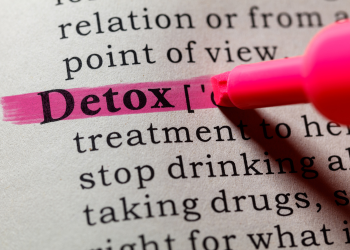













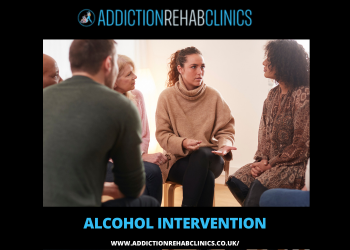










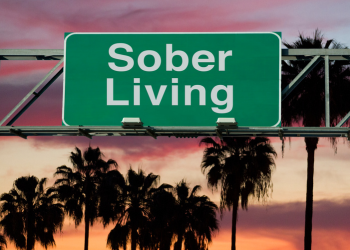


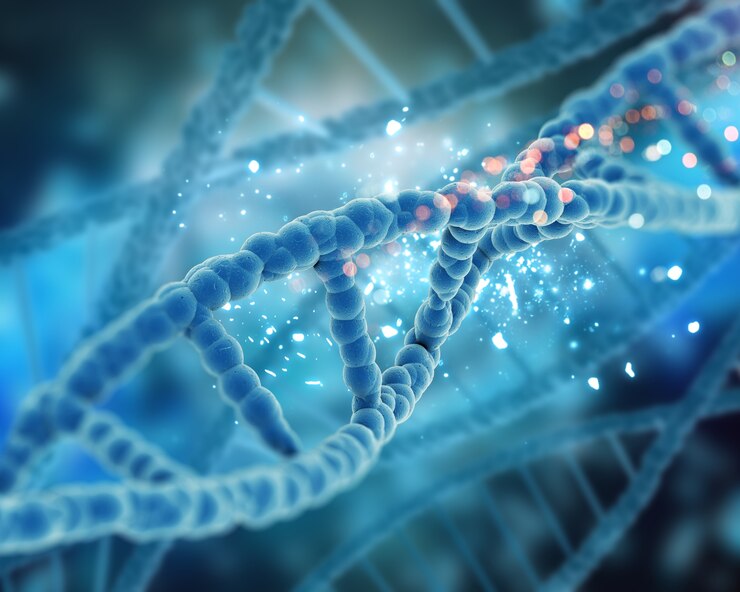






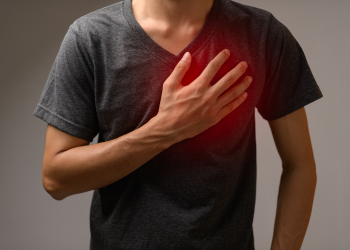
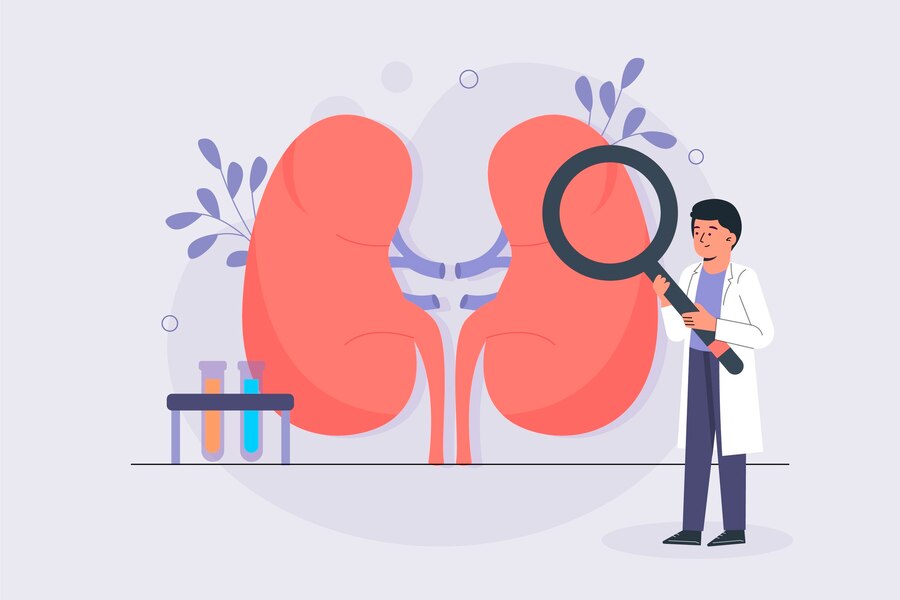



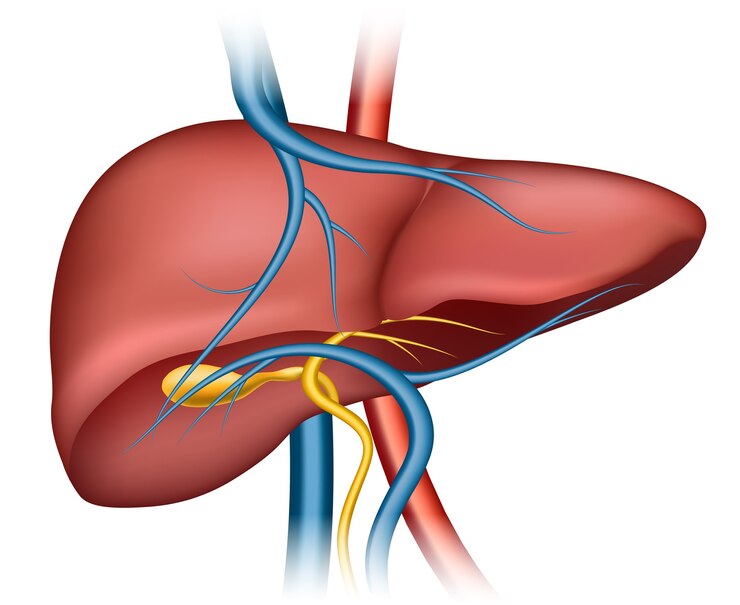







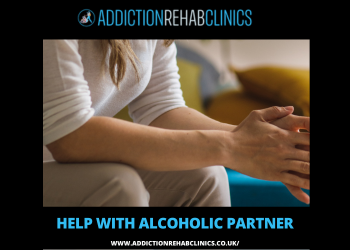




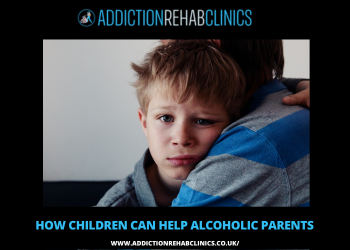













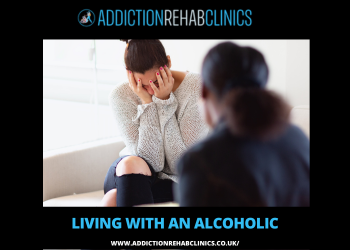
















We Aim To Reply To All Enquiries With-in 24-Hours